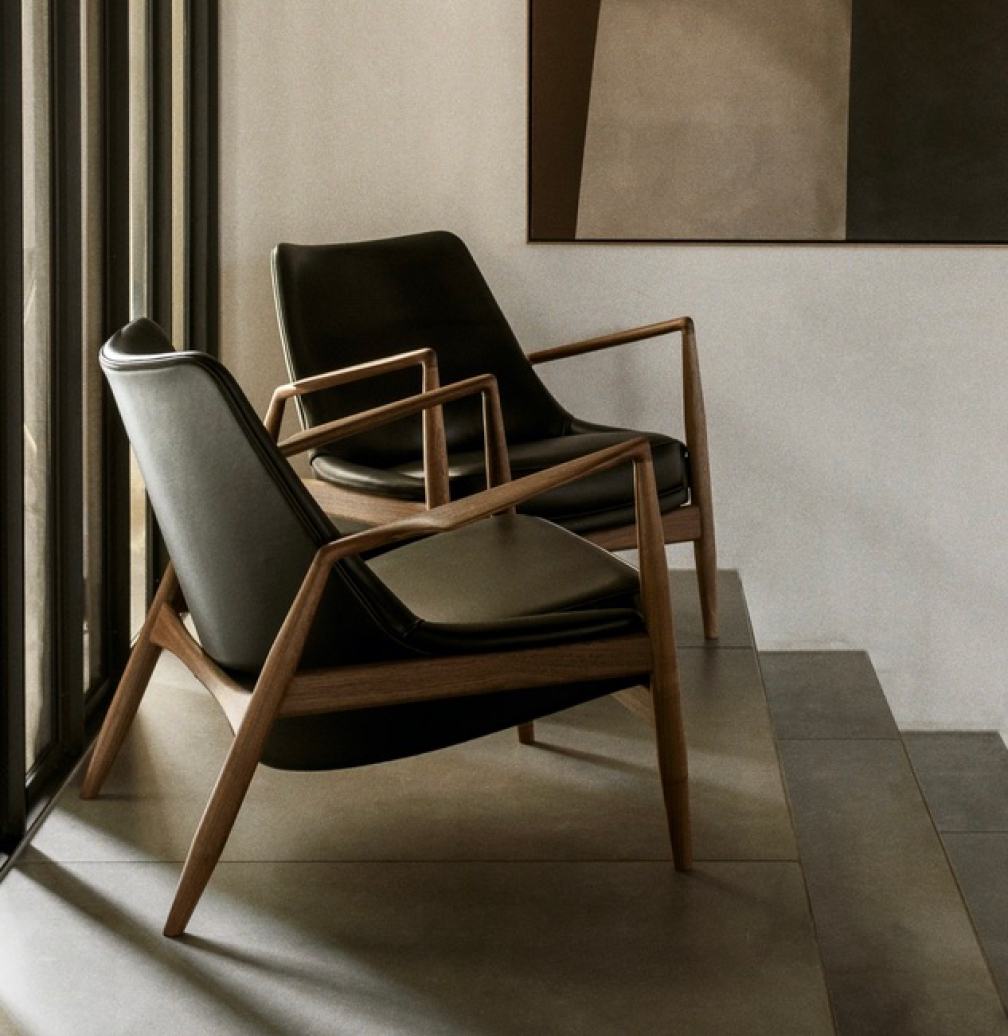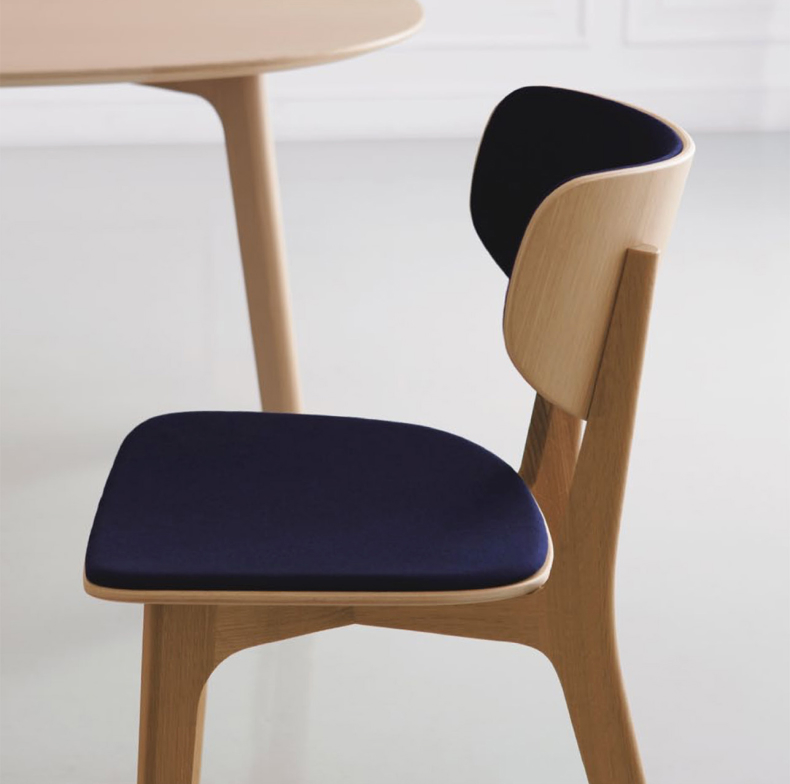Karimoku Case
This contemporary Japanese brand, witch mainly focused on wooden furniture, is built on a shared love of serene beauty, timeless design and materials in their purest form. The pieces are all designed by successful international architects such as Norm Architects, Norman Foster and Keiji Ashizawa.
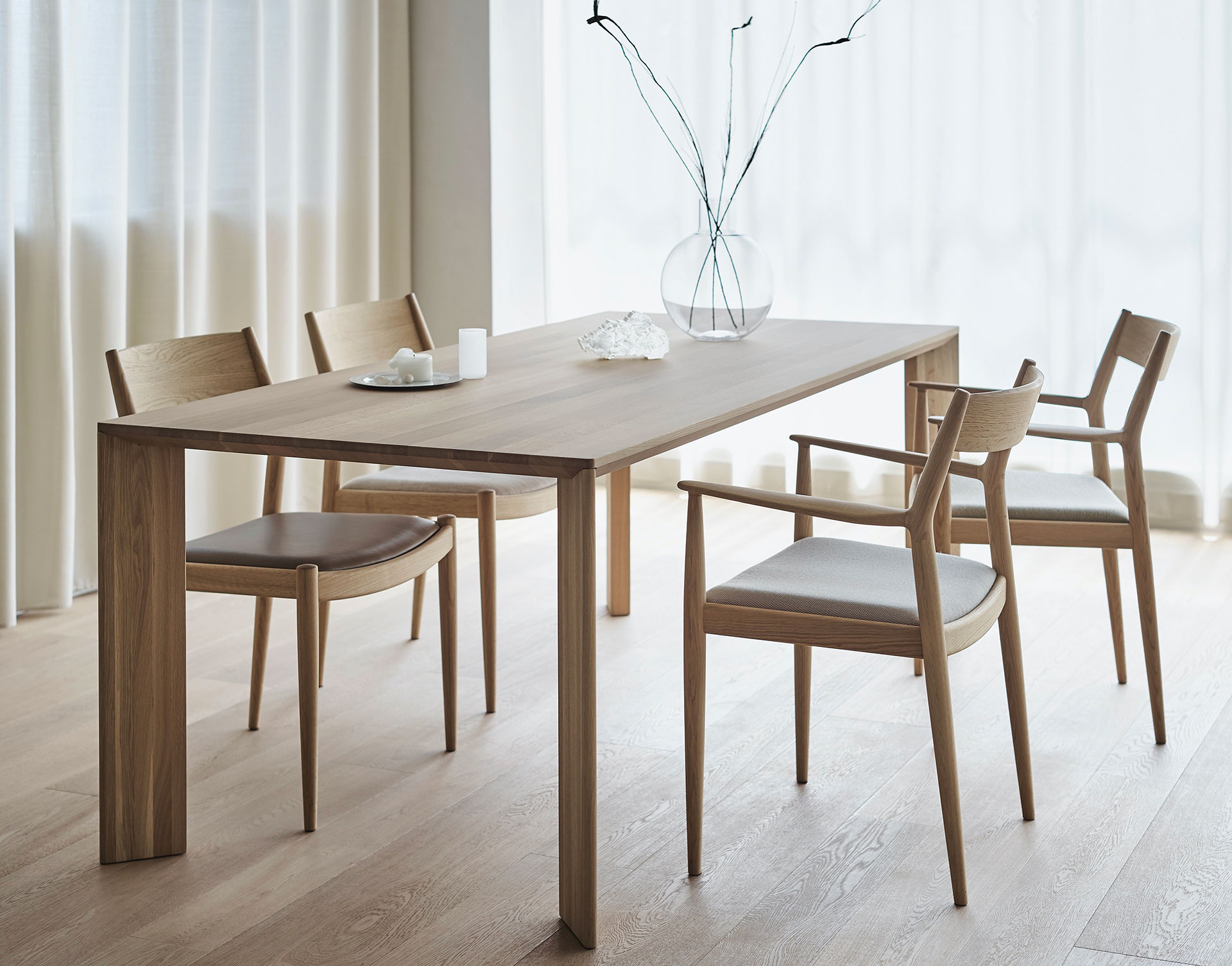
KARIMOKU CASE STUDY PHILOSOPHY AND THEIR DESIGNERS
What uniquely is about this collection is that it was created from "cases" which means that all products were first applied in a project, a "case," and then a few of these models where selected to be included in their collection.
It started with the Kinuta Terrace apartments in Tokyo where Japanese architect Keiji Ashizawa invited his friends Norms architects from Copenhagen to design the apartment together. Through this collaboration the foundation for the brand was born. Karimoku made all the custom wooden parts and the individual furniture for the apartments, together they selected the first 12 unique pieces of wooden furniture for the collection. These formed the start for the Karimoku Case Study collection.
This approach sets the Karimoku Case Study collection apart from most collections that are often created more from a comercial point of view. With this approach, in addition to their love of wood, the holistic relationship to the architecture and functionality of the projects plays a big role. This focus defines not only how finely the products function but also how they will look aesthetically.
The inspiration for this approach comes from the "case study houses" of the 1940s in the United States where up-and-coming and established architects were asked to design model homes for the future. Many of these houses, with their updated layouts, structures and materials, are still considered highlights of mid-century modernist architecture today.
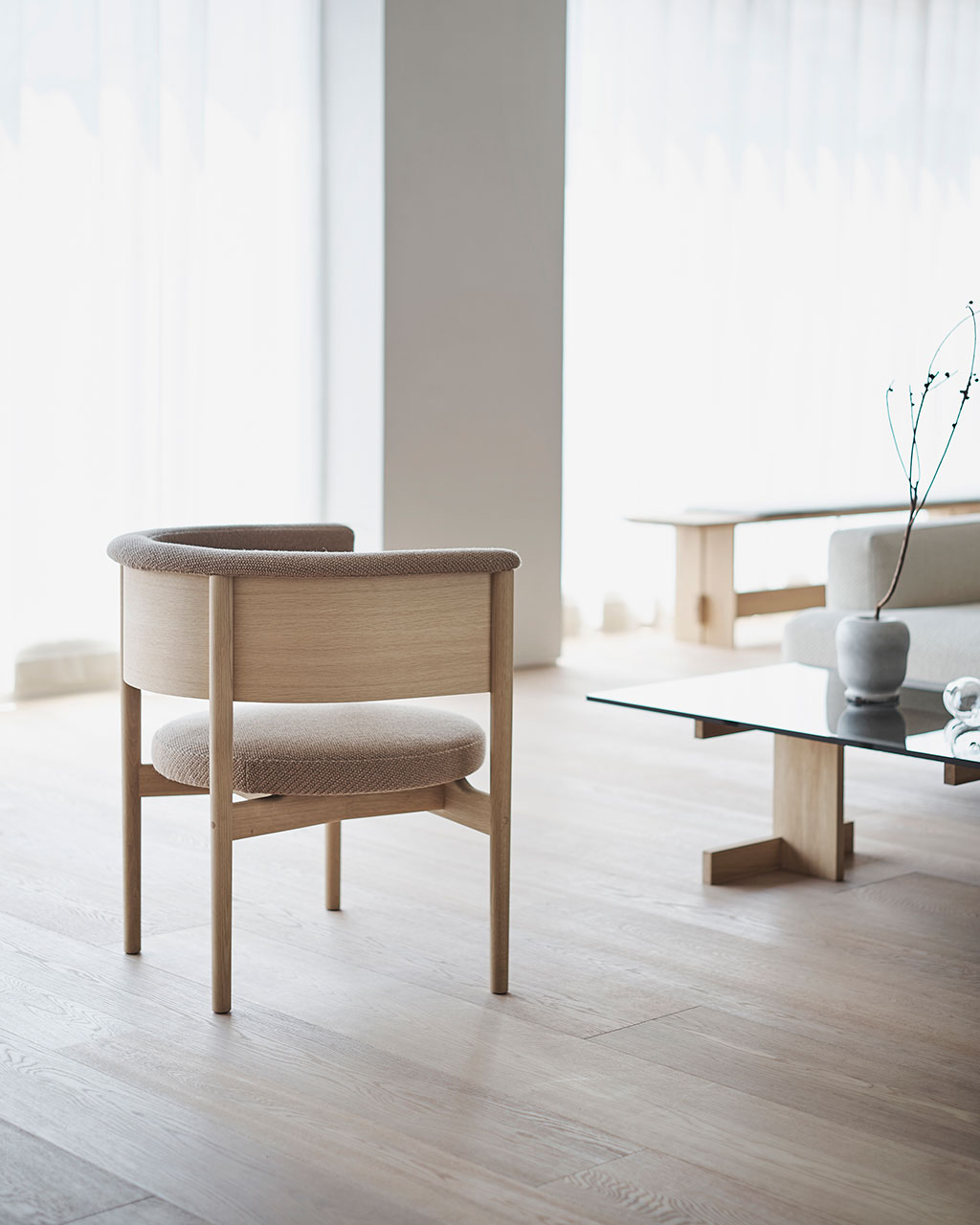
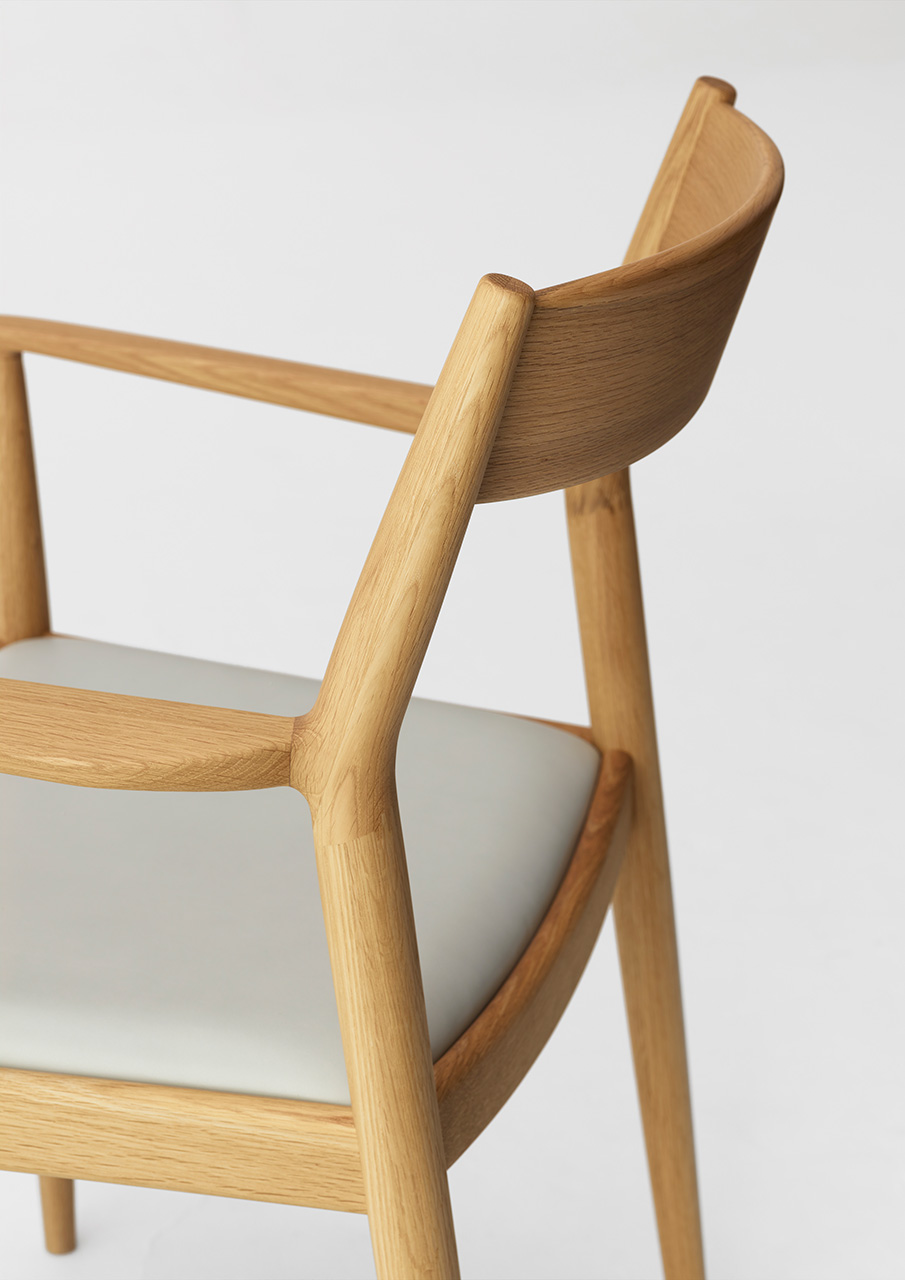
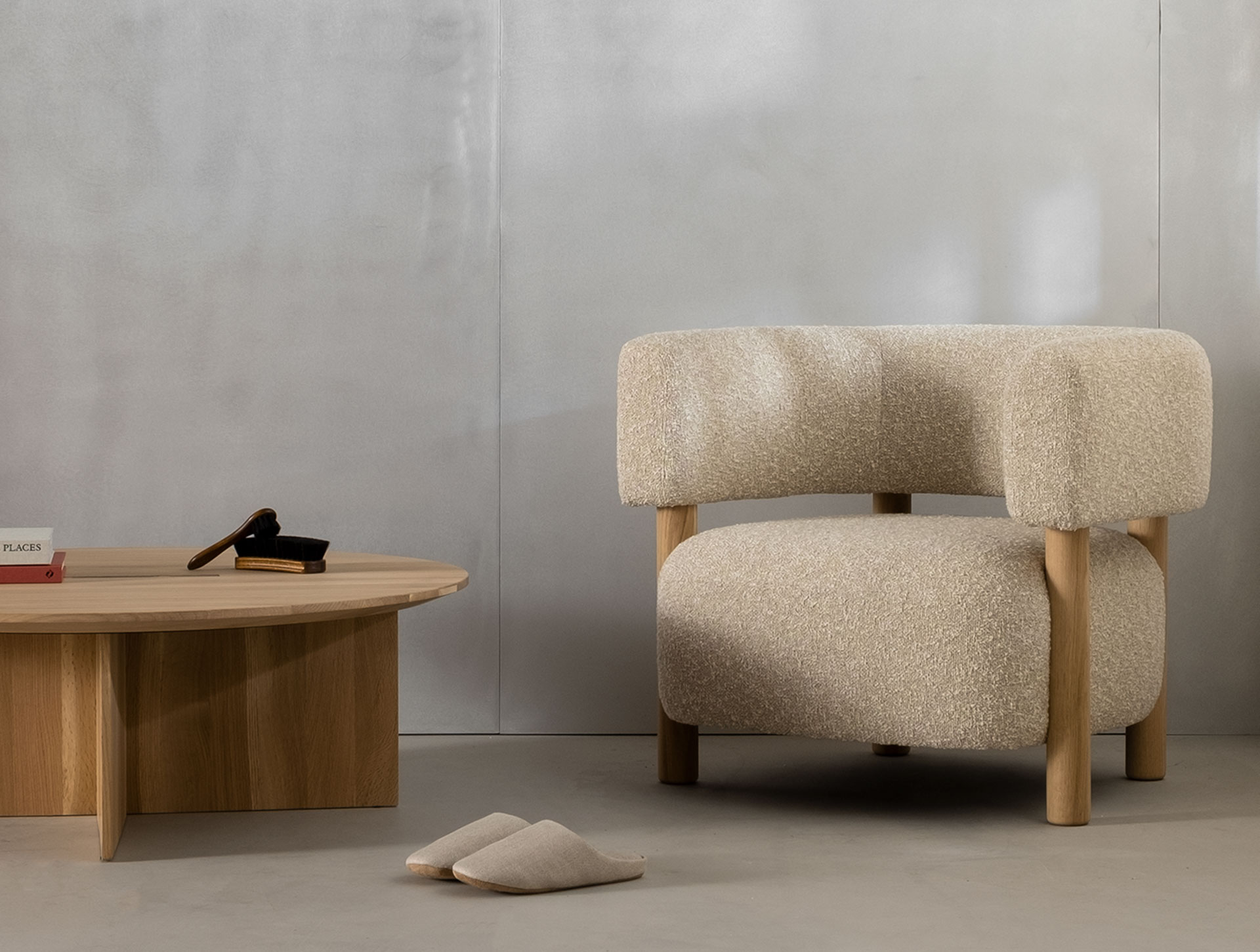
THE MODELS AND THEIR FUNCTIONS
On the brand's website, all the cases can also be found again along with the products that resulted from them. These include both residential and corporate projects.
In the recent interior designed by Norm architects, restaurant ÄNG in a Swedish vineyard is is easy to see how the designs adapt to that special environment. In particular, the elegant and very comfortable N-DC01 dining chair plays a major role in their concept: 'the total gastronomic tasting experience' of 21 courses.
The interior of the Notabene shoe store in the center of Copenhagen, also designed by Karimoku Case Study, reflects the craftsmanship of the handmade shoes with the beautifully sculptural N-S03 lounger and bench specially designed for this purpose.
The by Keiji Ashizawa-designed Blue Bottle Cafe in Yokohama, produced the upholstered N-SC01 side chair with low back that slides away under the table. In the same style the N-CC01 club chair was designed for the Archipelago outdoor house. This chair was described as the lounger with the smallest footprint and is also used at different project such as ÄNG.
We are fans from the first hour of this beautiful brand and but very excited to see how the collection will grow considering that it will only be through realized projects.
What does the Norm architects team have in store for us and what is Keiji Ashizawa working on next. And then the big question which other international names will help build this thriving collection in the future?
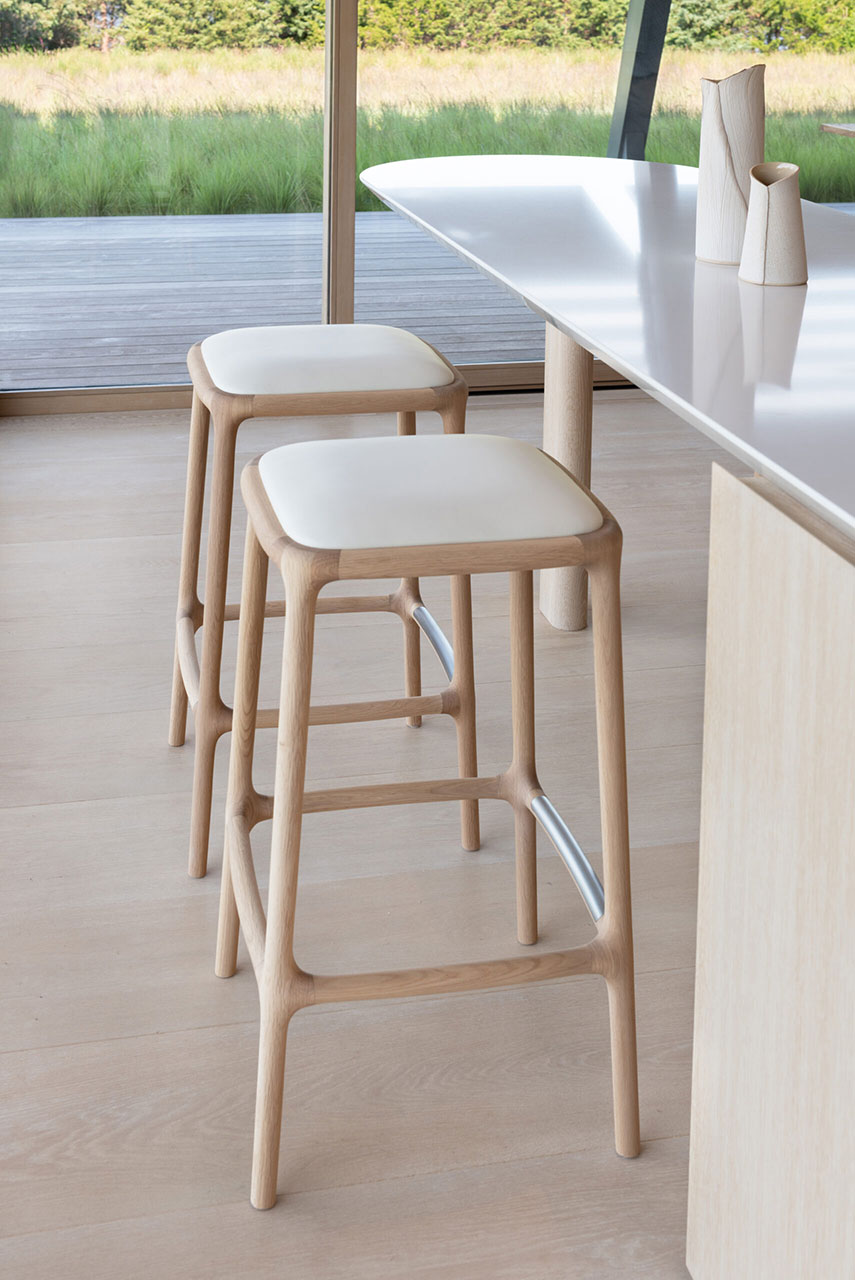
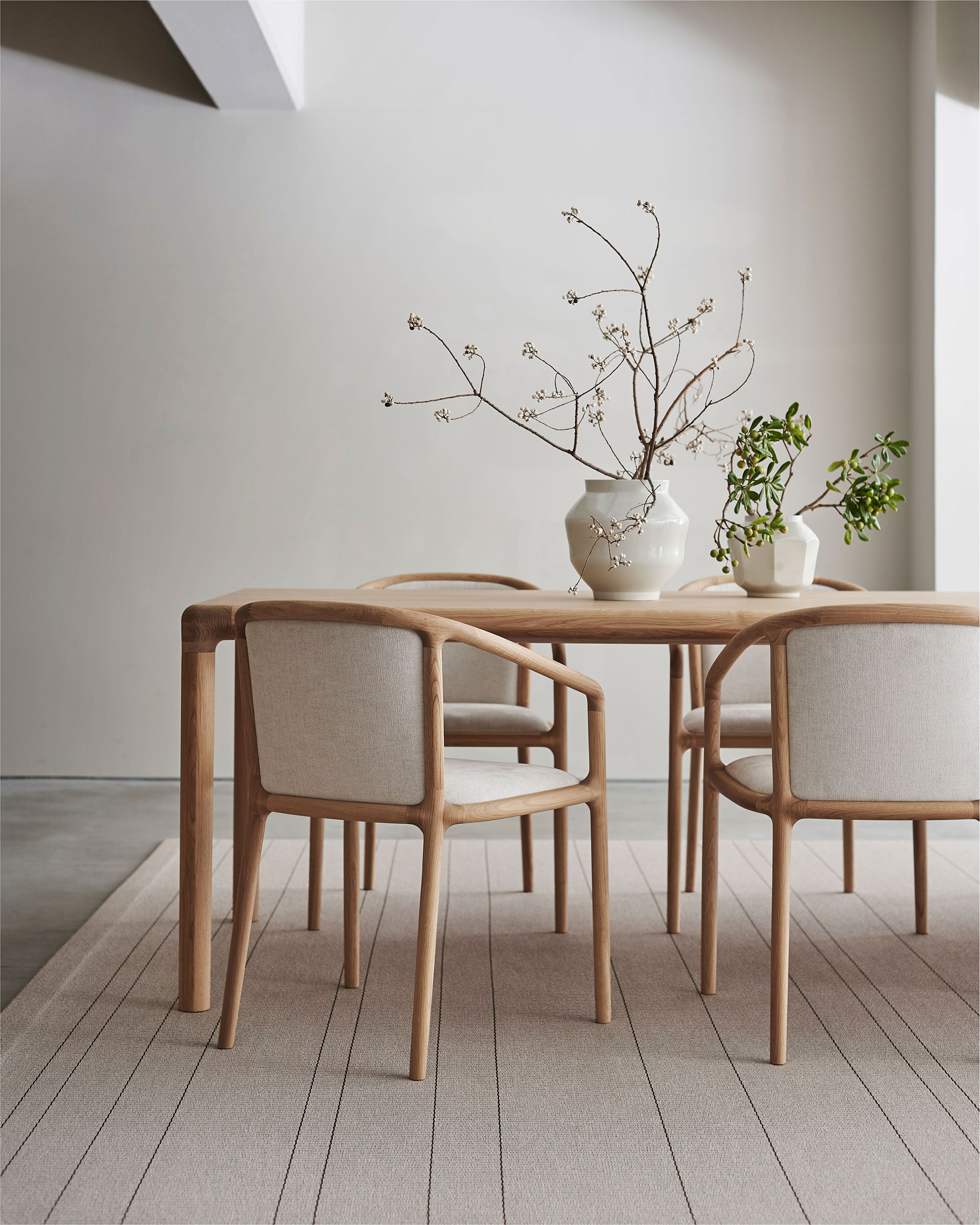
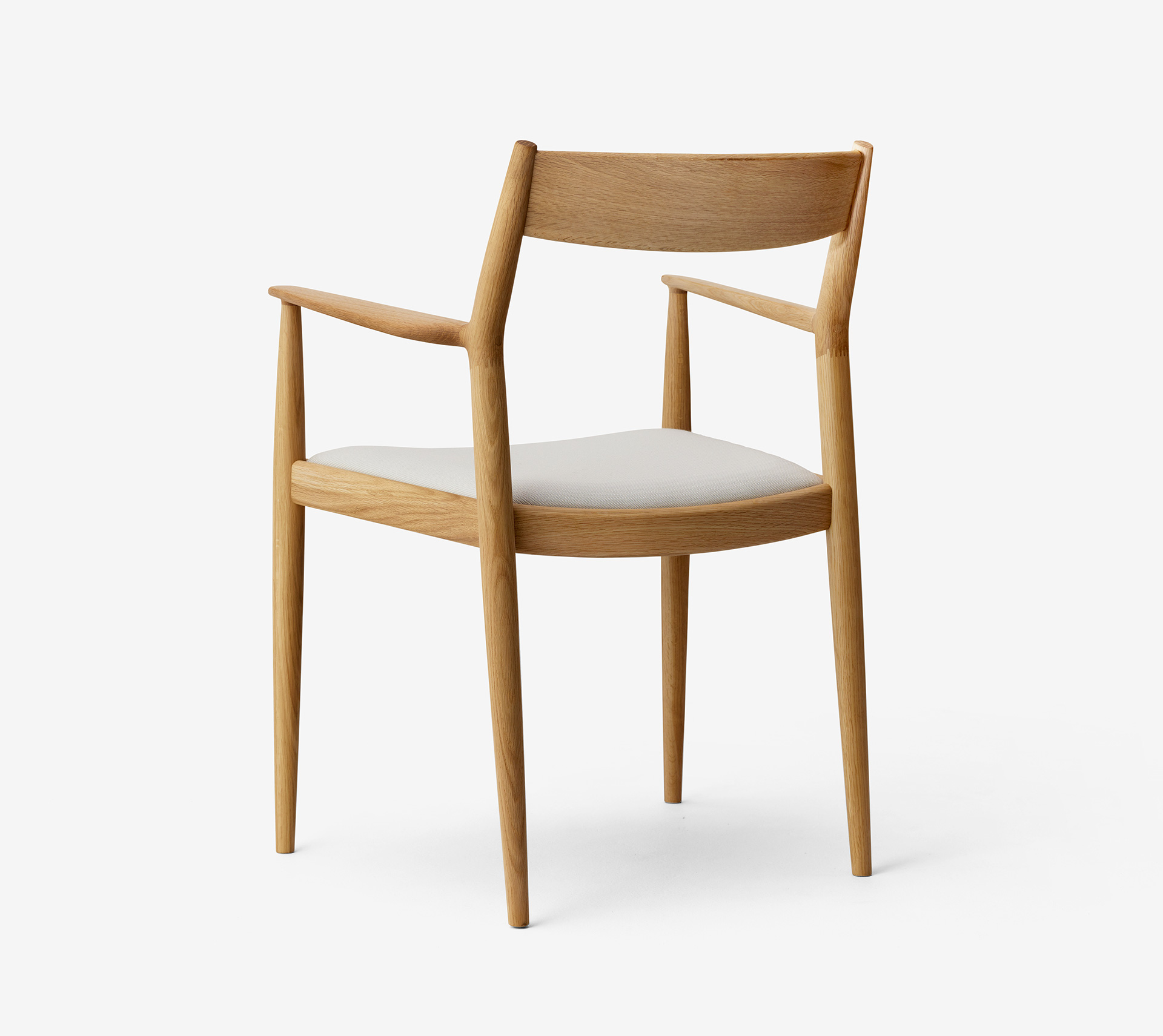
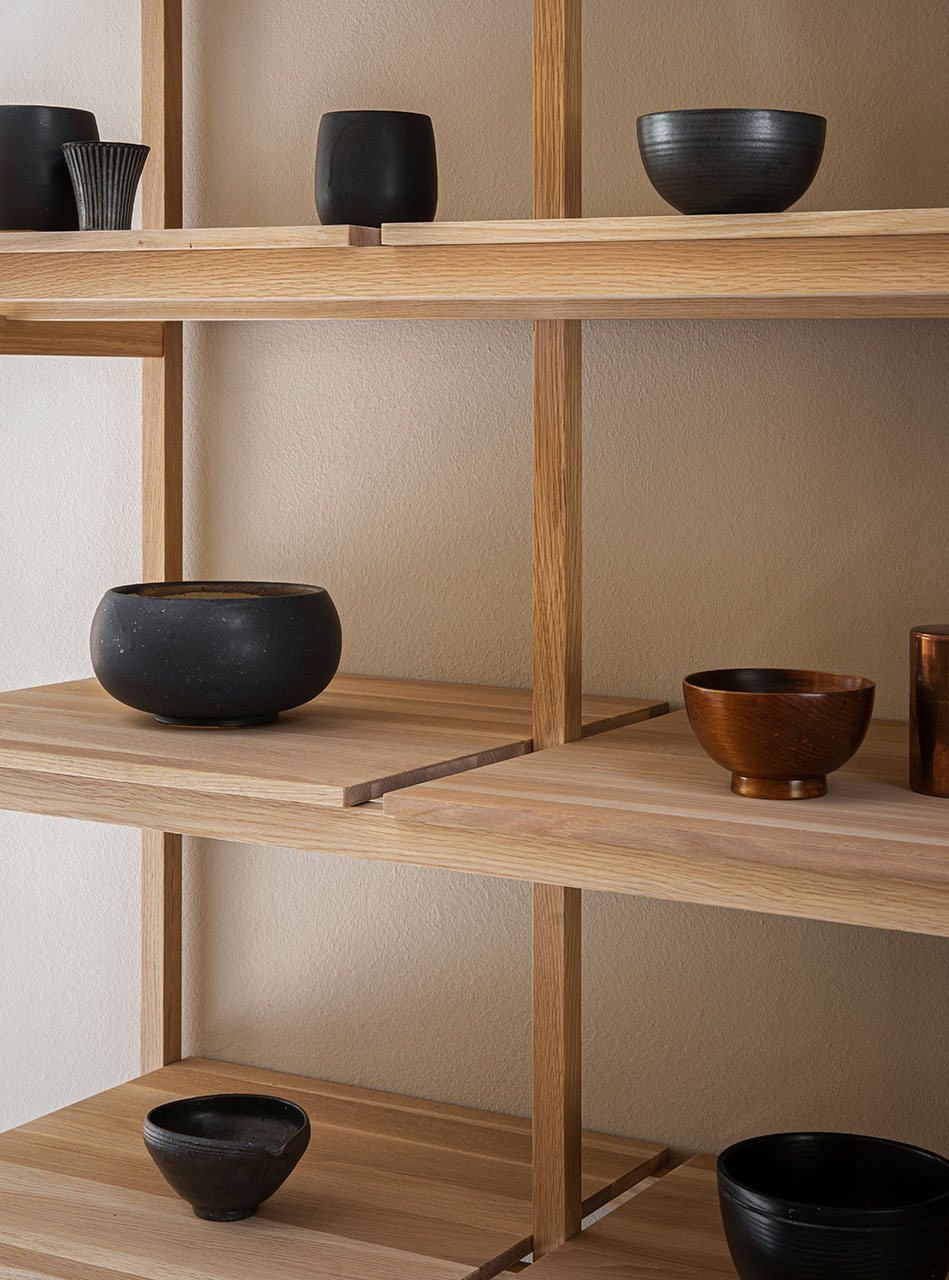
THE CRAFTSMANSHIP AND HISTORY OF KARIMOKU CASE STUDY
Piece by piece, the designs are crafted and hand-finished by the best woodworkers in Japan, the country known for having the highest quality of woodworking in the world. Only the best quality wood is used so with all this love, craftsmanship and care they can last for generations. If you love wood like the Japanese do then you will undoubtedly love this pure handmade furniture.
The mother company Karimoku began in 1940 as a woodworking shop in the village of Kariya. In 1960 they launched their first own furniture line and then grew into a major player in the Japanese wood furniture market. For 50 years, they have been No. 1 in Japan in terms of residential furniture sales.
In other words, a great deal of knowledge and experience is built into every object, making the furniture not only suitable for homes but also perfectly functioning in a project environment such as a hotel, restaurant or work environment.
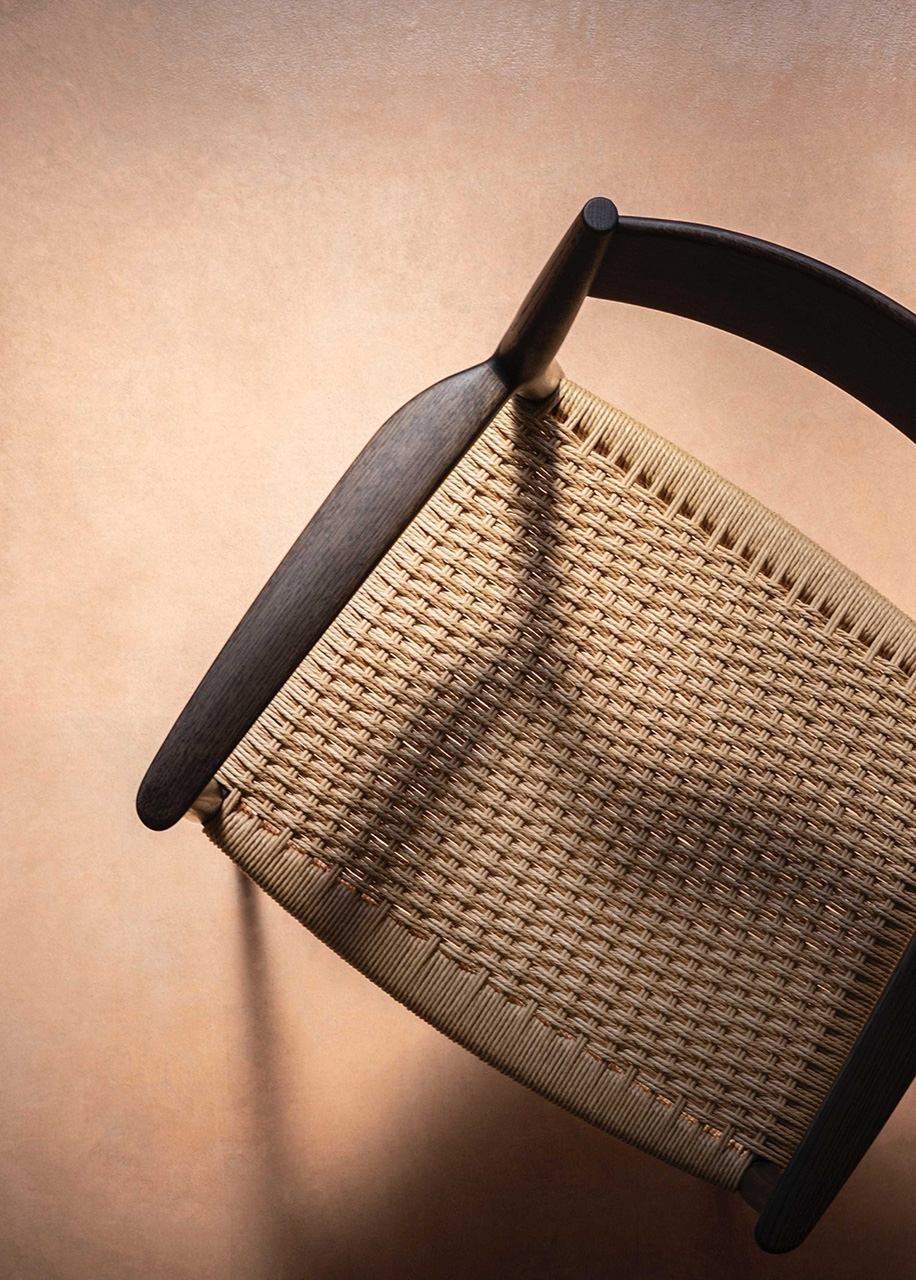
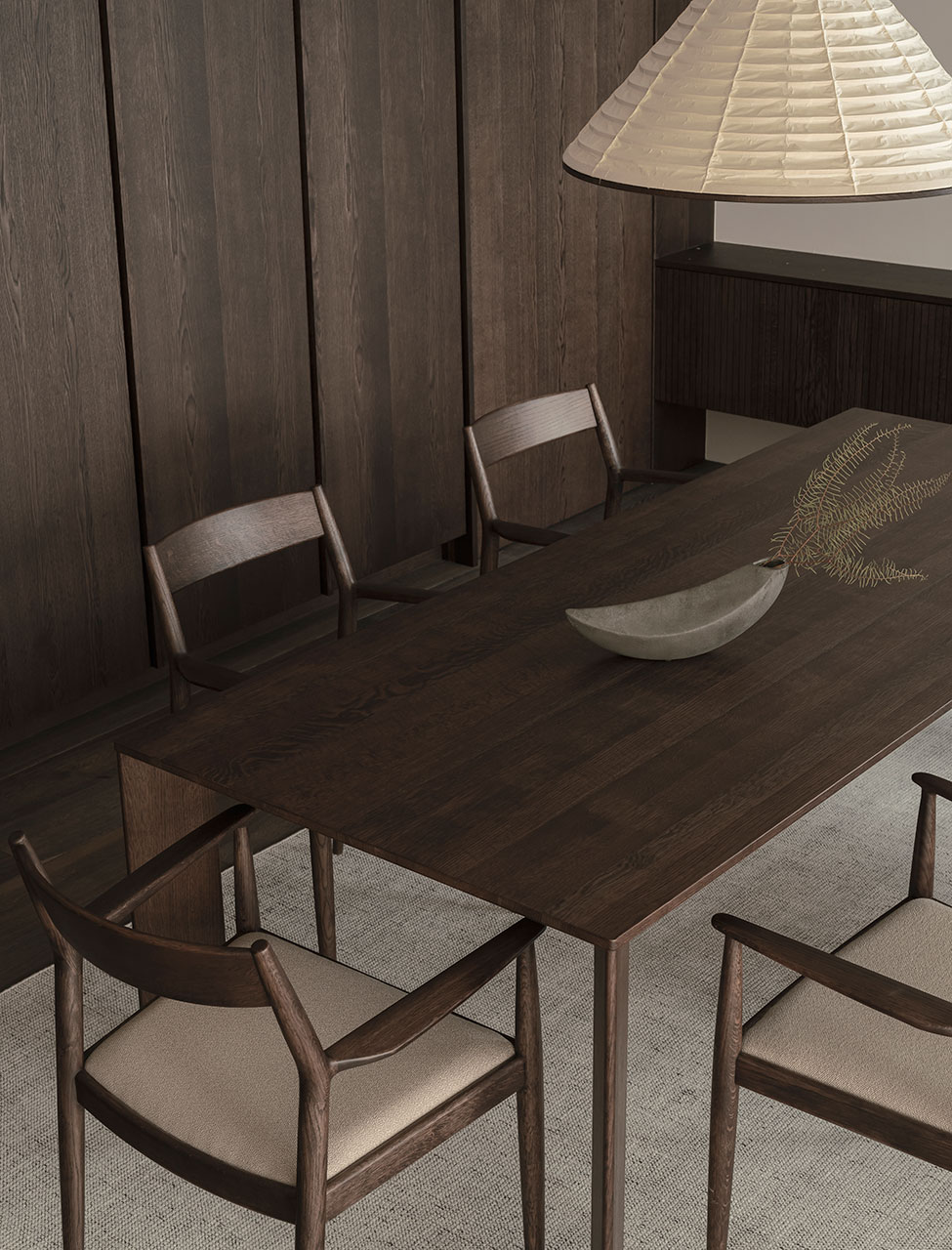
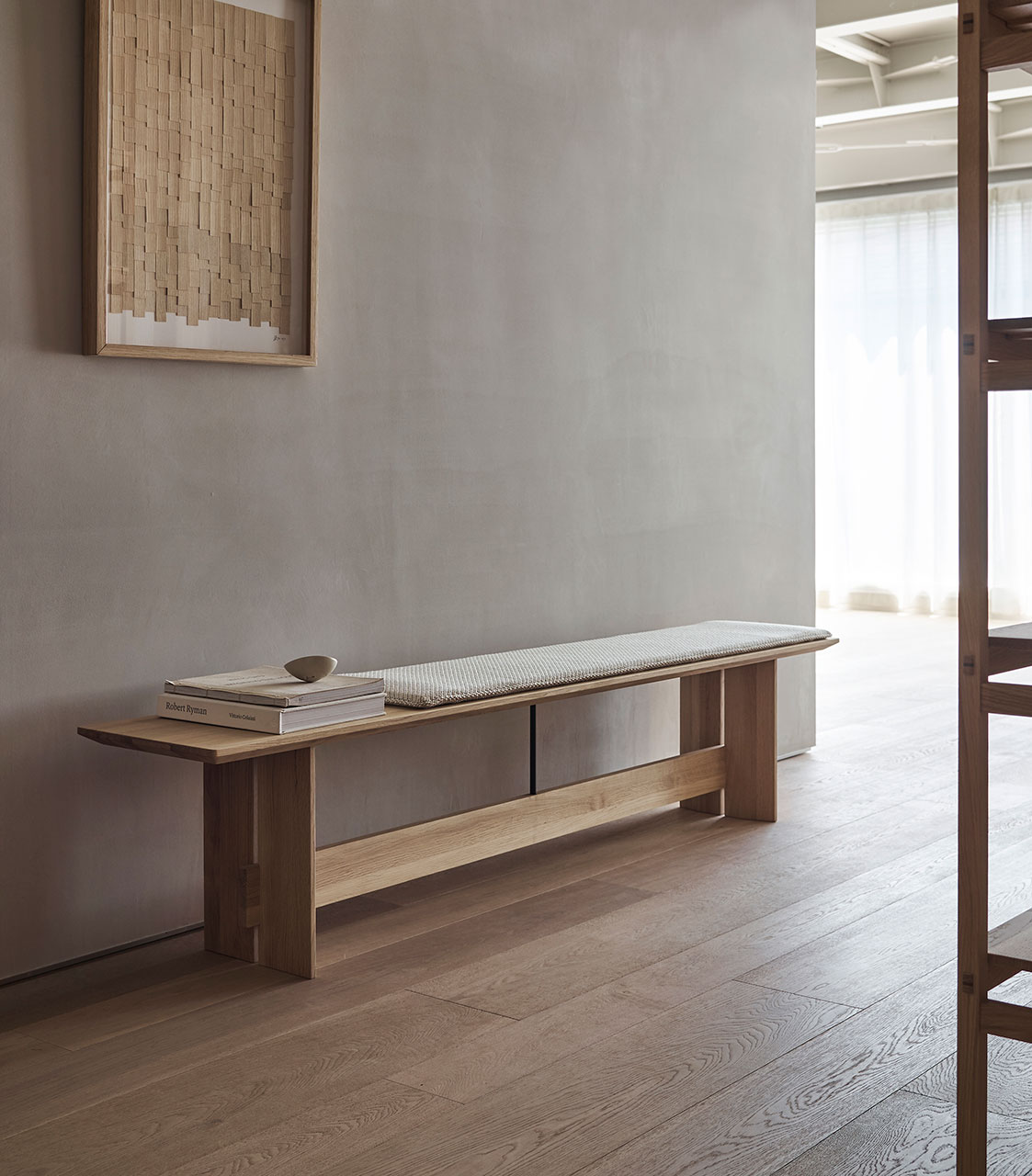
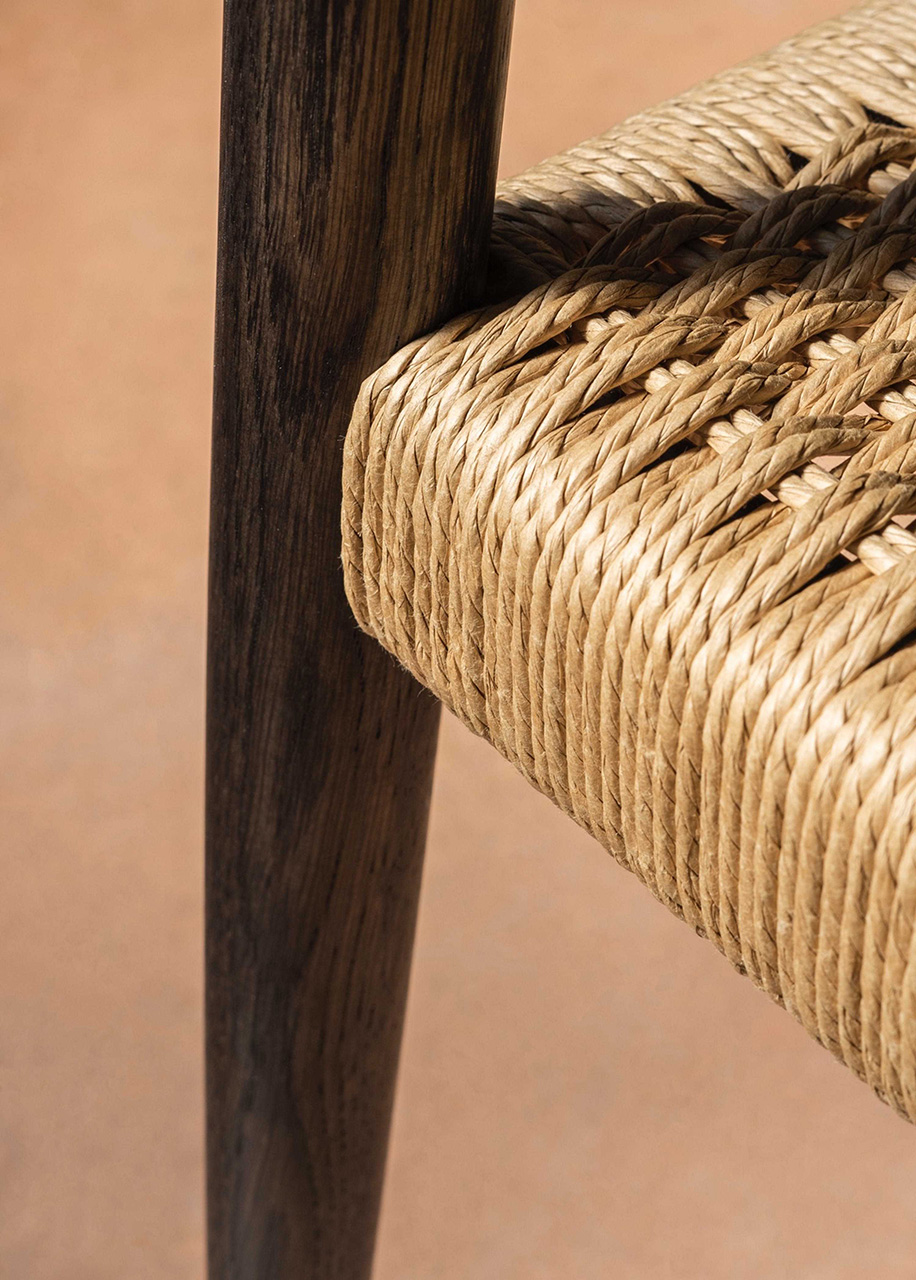
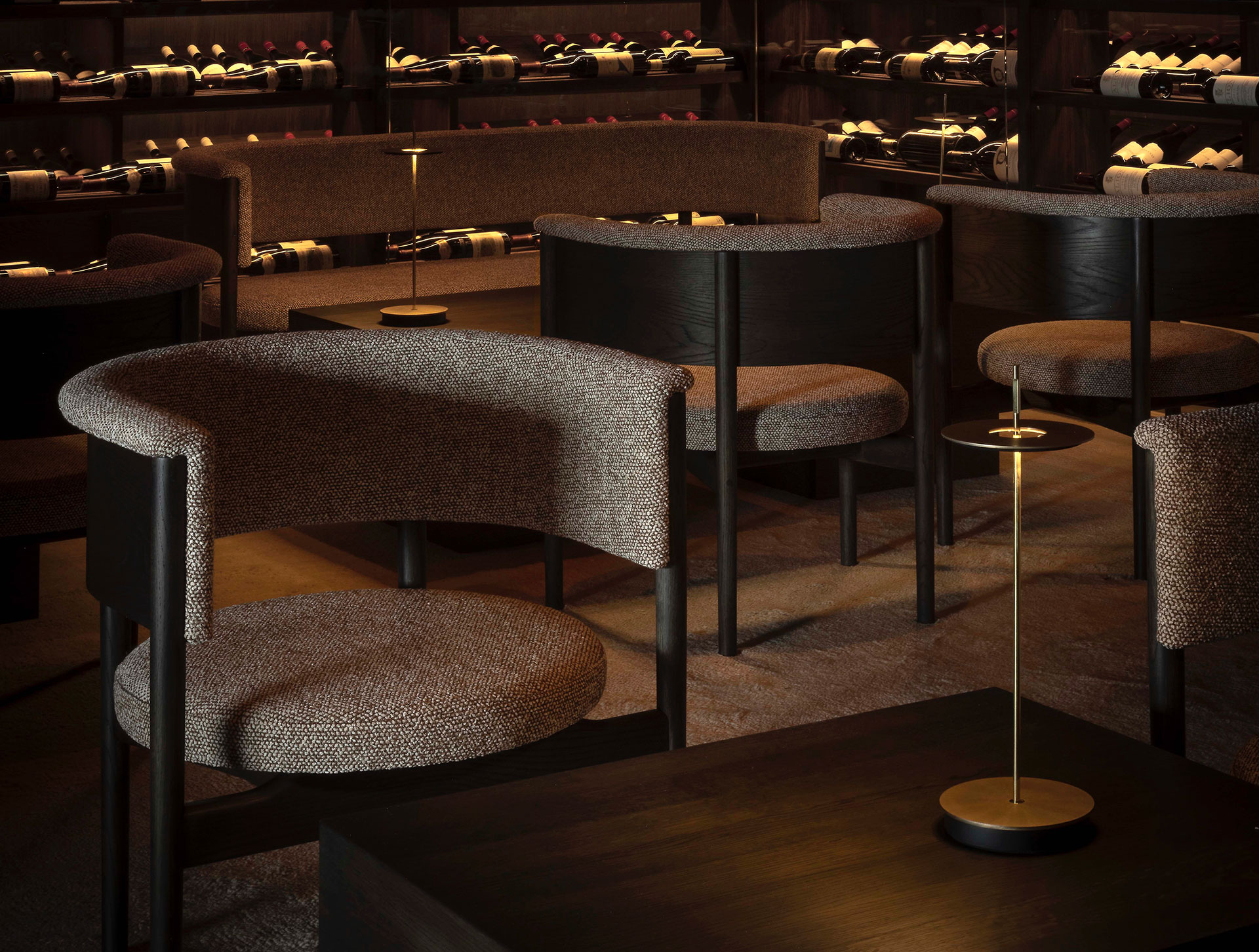
KARIMOKU CASE STUDY PHILOSOPHY AND THEIR DESIGNERS
What uniquely is about this collection is that it was created from "cases" which means that all products were first applied in a project, a "case," and then a few of these models where selected to be included in their collection.
It started with the Kinuta Terrace apartments in Tokyo where Japanese architect Keiji Ashizawa invited his friends Norms architects from Copenhagen to design the apartment together. Through this collaboration the foundation for the brand was born. Karimoku made all the custom wooden parts and the individual furniture for the apartments, together they selected the first 12 unique pieces of wooden furniture for the collection. These formed the start for the Karimoku Case Study collection.
This approach sets the Karimoku Case Study collection apart from most collections that are often created more from a comercial point of view. With this approach, in addition to their love of wood, the holistic relationship to the architecture and functionality of the projects plays a big role. This focus defines not only how finely the products function but also how they will look aesthetically.
The inspiration for this approach comes from the "case study houses" of the 1940s in the United States where up-and-coming and established architects were asked to design model homes for the future. Many of these houses, with their updated layouts, structures and materials, are still considered highlights of mid-century modernist architecture today.


THE MODELS AND THEIR FUNCTIONS
On the brand's website, all the cases can also be found again along with the products that resulted from them. These include both residential and corporate projects.
In the recent interior designed by Norm architects, restaurant ÄNG in a Swedish vineyard is is easy to see how the designs adapt to that special environment. In particular, the elegant and very comfortable N-DC01 dining chair plays a major role in their concept: 'the total gastronomic tasting experience' of 21 courses.
The interior of the Notabene shoe store in the center of Copenhagen, also designed by Karimoku Case Study, reflects the craftsmanship of the handmade shoes with the beautifully sculptural N-S03 lounger and bench specially designed for this purpose.
The by Keiji Ashizawa-designed Blue Bottle Cafe in Yokohama, produced the upholstered N-SC01 side chair with low back that slides away under the table. In the same style the N-CC01 club chair was designed for the Archipelago outdoor house. This chair was described as the lounger with the smallest footprint and is also used at different project such as ÄNG.
We are fans from the first hour of this beautiful brand and but very excited to see how the collection will grow considering that it will only be through realized projects.
What does the Norm architects team have in store for us and what is Keiji Ashizawa working on next. And then the big question which other international names will help build this thriving collection in the future?

THE CRAFTSMANSHIP AND HISTORY OF KARIMOKU CASE STUDY
Piece by piece, the designs are crafted and hand-finished by the best woodworkers in Japan, the country known for having the highest quality of woodworking in the world. Only the best quality wood is used so with all this love, craftsmanship and care they can last for generations. If you love wood like the Japanese do then you will undoubtedly love this pure handmade furniture.
The mother company Karimoku began in 1940 as a woodworking shop in the village of Kariya. In 1960 they launched their first own furniture line and then grew into a major player in the Japanese wood furniture market. For 50 years, they have been No. 1 in Japan in terms of residential furniture sales.
In other words, a great deal of knowledge and experience is built into every object, making the furniture not only suitable for homes but also perfectly functioning in a project environment such as a hotel, restaurant or work environment.
